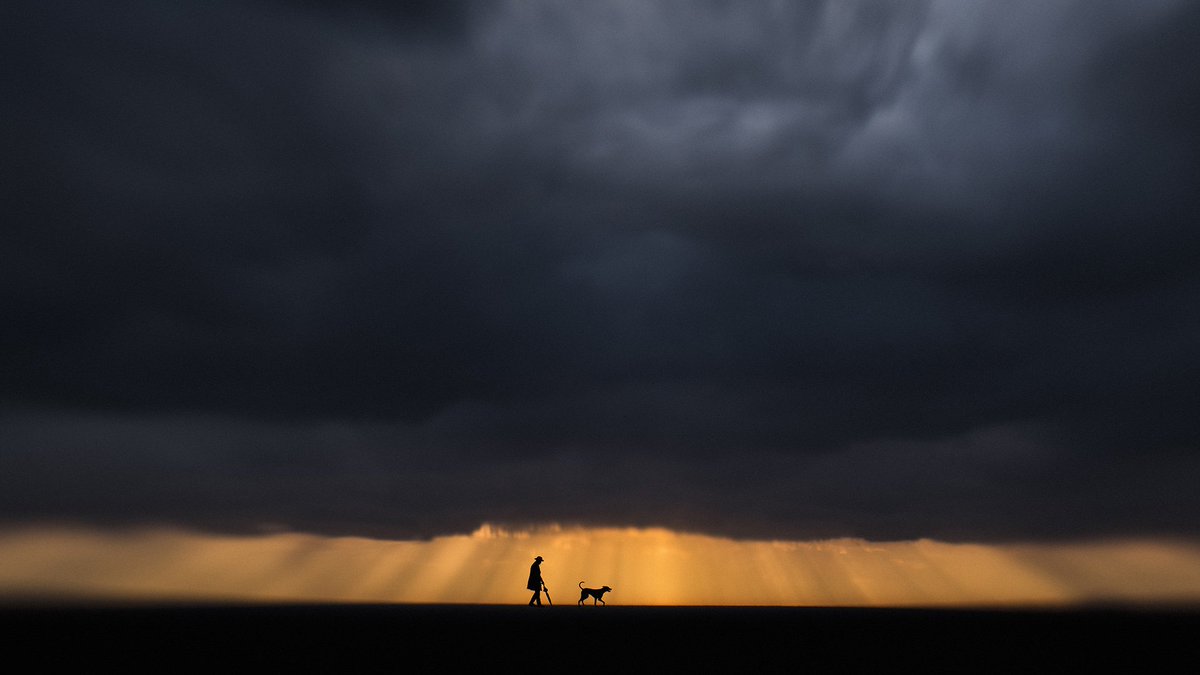I had high hopes for 2020 but it doesn’t seem to have received the memo. It was something about its numbers – the roundness and friendliness of the zeros; they lent an air of transparency and trust and even transportation as if the apertures were openings to a new beginning; they invited you in. There’s a comfort in the rhythm of its utterance – twenty, twenty. So good you say it twice. I hadn’t felt so positive about a new year in a long time.
It kicked off well, with a writing residency. Towards the end of it, around the third week of January, the Italian resident looked up from his phone and said, ‘there’s a virus in China.’ We were an international bunch from London, New York, Vienna, Turin and Berlin. Three of those cities are now epicentres of this pandemic.
At the end of January, Brexit, if anyone can remember it, was what was on our minds, those from London were worried about travel restrictions. It feels like a worry from another era. And in a way it is. Brexit is in the BC period – Before Corona. We are now firmly in The After where the ground is constantly shifting under our feet. So much change. Seismic change. And with it, anxiety.
With each passing day, blocks of worry stack one on top of another. Day 1 lockdown, day 2, day 3. Just as I begin to get used to it, a new lockdown starts in another country and the anxiety I thought I had squashed comes rushing back as I hear another world leader make a sombre speech about being at war.
The same news is repeated, the same confusion abounds, the same questions are fired at presenters on British, French, Spanish, German and Italian television, – what about PPE, what’s the delay in testing, who is going to pay the newly unemployed? For a free extra shot of anxiety, it’s possible to listen to individual mayors in Italy and governors in America as they try to convince people to stay at home. As this darkness spreads, the weather brightens and lightens, making it hard to stay indoors. Photos of crammed car parks at local beauty spots flood the internet. But this behaviour is not restricted to one country. It’s worldwide as people struggle with the rapid rate of change. It must be an interesting time for psychologists and behavioural scientists. They have case studies in real time.
Its long incubation period, its ability to linger on surfaces, its high rate of contagion, its Janus like presentation – it can be mild, it can be fatal; humanity has met its match. This tiny microbe with its spiky corona has cartwheeled around the world, burrowed its way into our bodies, our minds and our lifestyles. The harrowing images from Italy’s intensive care units, the eerie shots of the empty tourist hotspots, the flickers of beauty in the arias from the balconies, are scenes that were unimaginable only a few weeks ago.
We are witnessing death, not just of the sick but of a way of life. Relentlessly, the case numbers climb, so many numbers, none of them friendly, rising, snaking upwards daily. Covid-19 has altered societies and economies and brought us a new lexicon – self-isolation, cocooning, social distancing. Even for those who live alone and are accustomed to spending time by themselves, this is a deeper layer of isolation. It’s a place where nothing about it is voluntary and where the daily feed is fear.
Fear is so prevalent it is practically standing up and walking around the house. It pervades every part of the day from the moment of waking to going to sleep – do I feel sick, is my family ok, should I leave the house, do I really need groceries, have I washed my hands for long enough, what’s happened overnight, what are the numbers today?
It’s now the third week in March, a month so long, it made January feel short and as the first lockdown deadline is extended and there is no end yet in sight, despite the isolation, I turn away from terror-scrolling through social media. It is a furnace of fear that is burning my eyes.
Instead, I turn to books, which is where I’ve always turned, in good times and bad, and to writing but I have discovered that creativity can freeze in the face of impending doom but I’m trying and when all else fails – there’s always Zoom!
…………………..
Michelle Walshe is a writer from Dublin. She began writing in 2017 and has been published in The Irish Times, The Irish Examiner, The Telegraph, The Sunday Independent, The Gloss and Woman’s Way magazines and in an anthology, Teachers Who Write. She has won bursaries, residencies and writing prizes, most recently the Iceland Writers Retreat. Her writing can be found on her website.

[…] http://pendemic.ie/2020-error-message-a-journal-reflection-from-michelle-walshe/ […]
Superb article. Keep it up Michelle
I tried clicking on ‘Like this’ but got blocked by WordPress saying I had to log in. Maybe whoever’s looking after the site can look into that? Or it could be me being a dinosaur. Tech Rex. Anyway, Michelle, I didn’t just like this, I loved it. Well done.
I’m sorry Celine, we have to moderate comments. If not, it would fill up with spam with lots of links to sell us things we don’t need. We only want comments to our writers or about the work.